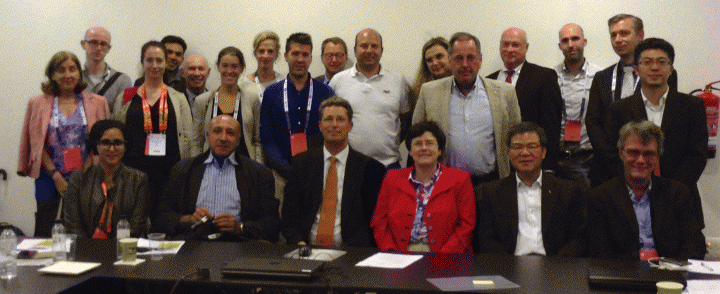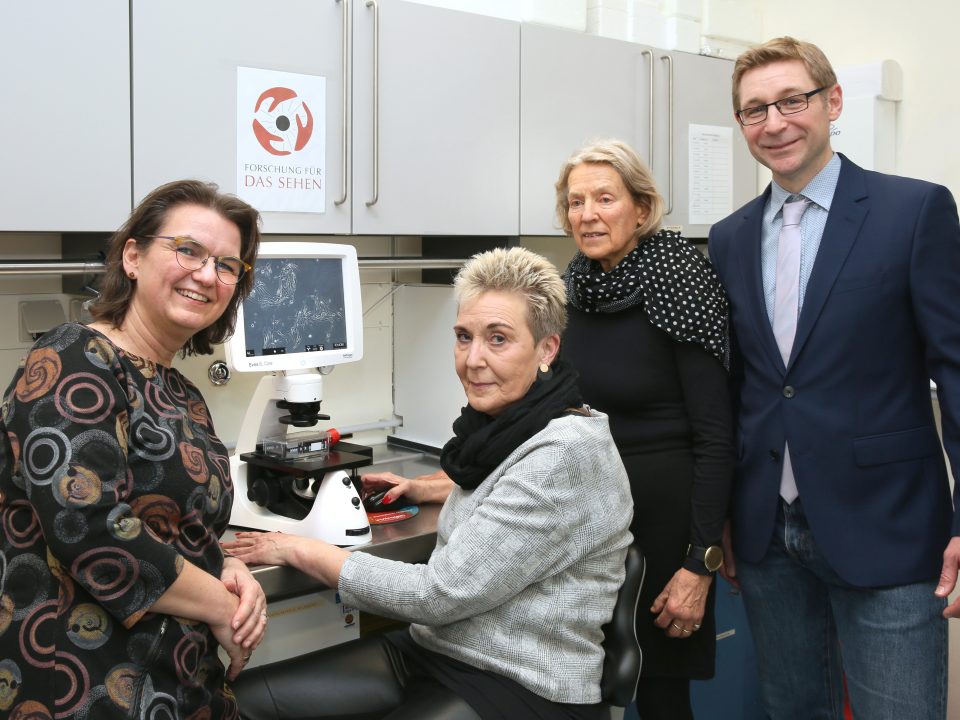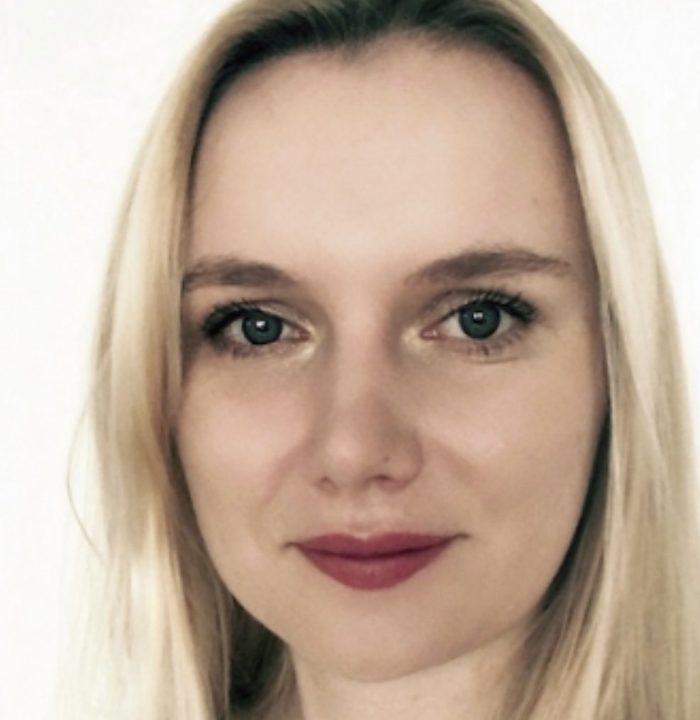ARREST BLINDNESS


ARREST BLINDNESS
Department of Ophthalmology successful in Horizon 2020 application: ARREST BLINDNESS funded with 6 Million Euros
The successful Horizon 2020 project addresses corneal blindness, which is the second largest cause of blindness globally, and is also the topic of two FOR 2240 projects (P1, P5). The four-year project is called Advanced Regenerative and RESTtorative Therapies to combat corneal BLINDNESS (ARREST BLINDNESS). The objective of ARREST BLINDNESS is to develop new regenerative-based therapies for the cornea, addressing the translation of regenerative medicine, bio-artificial organs, tissue-engineered scaffolds, and advanced cell and molecular therapies into clinical use. This program will help to alleviate the worldwide problem of corneal blindness. ARREST BLINDNESS is a consortium of 14 partners across 8 European countries including 5 companies, comprising some of the leading academic centers for corneal regeneration research in Europe. The consortium is led by Neil Lagali (Linköping, Sweden), and includes (amongst others) Claus Cursiefen (Cologne, Germany), Nadia Zakaria (Antwerp, Belgium), Juana Gallar (Alicante, Spain), Isabel Dapena (Rotterdam, The Netherlands), Jesper Hjortdal (Aarhus, Denmark) and Martine Jager (Leiden, The Netherlands). ARREST BLINDNESS builds on the recently funded 4 year EU COST Action (BM1302: JOINING FORCES IN CORNEAL REGENERATION; www.biocornea.eu) which aims to develop an artificial biocornea and has helped to form a paneuropean network of corneal regeneration researchers. This is led by Prof. Cursiefen from Cologne and Prof. Jager from Leiden and includes cornea researchers from most European countries. Also several members of FOR 2240 (Deniz Hos, Felix Bock, Claus Cursiefen) are members of COST Action BM1302. The Cologne part in ARREST BLINDNESS is focussed on translational studies to regenerate corneal avascularity.



